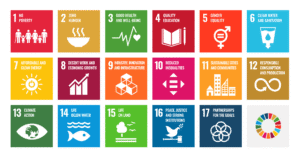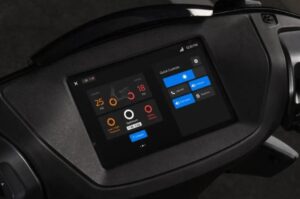
Recruitment Agency
In the ever-evolving landscape of the corporate world, recruitment practices have undergone a revolutionary transformation, largely driven by technological advancements. This evolution is not just a matter of interest for IT staff but is crucial for businesses seeking to thrive in a competitive environment. A case in point is KIAT, a recruitment agency in Poland, which has adeptly woven technology into its recruitment fabric, setting a benchmark for the industry.
Historical Perspective of Recruitment
Before the digital dawn, recruitment was a game of print ads, cold calls, and manual resume screening. This era, characterized by its labor-intensive and time-consuming processes, offered limited outreach and was constrained by geographical boundaries. The emergence of computerized databases marked the first step towards technological integration, simplifying candidate tracking but still far from the efficiency we know today.
Major Technological Advancements in Recruitment
The recruitment landscape took a quantum leap with the advent of online job portals and social media platforms. Platforms like LinkedIn not only expanded the talent pool but also enabled proactive talent hunting. Applicant Tracking Systems (ATS) revolutionized the screening process, filtering candidates based on predefined criteria. The incorporation of AI and machine learning further fine-tuned this process, with algorithms capable of predicting candidate suitability. Additionally, the rise of remote interview technologies broke down the final barriers of distance, allowing for seamless global recruitment.
Impact on Recruitment Efficiency and Quality
Technological advancements have exponentially increased the efficiency of recruitment processes. Now, vacancies can be filled faster, and the reach for potential candidates is virtually limitless. More importantly, these technologies have significantly improved the quality of candidates. With data-driven tools, the alignment between a candidate’s skills and job requirements has become more precise. Furthermore, the use of big data and analytics in recruitment has ushered in an era of data-driven decision-making, enabling more strategic hiring choices.
Challenges and Considerations
However, this technological utopia is not without its challenges. An over-reliance on technology can lead to a depersonalized recruitment experience. The issue of bias in AI algorithms is also a significant concern, as these systems can perpetuate existing prejudices unless carefully monitored and adjusted. Hence, the balance between technological tools and human judgment remains a critical consideration in modern recruitment practices.
KIAT’s Technological Integration in Recruitment
At KIAT, the integration of technology into recruitment has been both strategic and impactful. By adopting ATS and leveraging social media for talent acquisition, KIAT has streamlined its processes, ensuring efficiency and quality. The agency’s success stories, particularly in IT recruitment, underscore the effectiveness of these technological integrations. Looking ahead, KIAT is poised to embrace emerging technologies, continuing its journey toward innovative recruitment solutions.
Conclusion
The journey of recruitment, from manual processes to technology-driven strategies, illustrates a significant shift in how businesses attract and retain talent. This journey, exemplified by Recruitment Agency like KIAT, showcases the potential of technology to transform recruitment while reminding us of the enduring value of human insight. For businesses and HR professionals, adapting to these technological advancements is not just a choice but a necessity in the modern workforce landscape.
Read Next Blog:
AI Perfumes and the Sensory AI Revolution







